Micelle, a word deriving from Latin mica standing for ‘crumb’, is recognized as one of the most potent flecks in the cosmetic industry. Indeed, micellar lotion has changed everything which we had known about make-up removal. Now the time for micellar shampoo has come. Is its action delivered to hair equally impressive? Why, how and is it even worth ‘moving’ micelles to our scalp? Find out what a micellar shampoo is, what are the effects it produces and whether it gathers positive feedback from the users.
Micelles in Micellar Cosmetics – What’s That?
Micelles are tiny, round particles of a quite unusual structure. They are made from water molecules and fat molecules. They brought around a revolution when it had turned out what they are capable of. Firstly, when in contact with skin, micelles pick up and absorb sebum together with residues of make-up (lipid molecules). Secondly, they pick up dirt and any other possible impurities from skin’s surface (hydrophilic molecules).
Spheres (Not So)Full Of… Tension
Micelles create low interfacial tension, which means that apart from displaying amazing skin cleansing properties, they are able to transport and supply skin with an array of active (conditioning) substances that they are full of.
For that reason micellar lotions are the most perfectly conditioning, cleansing and skin toning substances known to humans. Their role played in hair care is similar. Let’s summarize the most crucial features of micellar lotions and shampoos:
- they cleanse skin thoroughly;
- they freshen up and tone skin restoring pH and balancing the hydro-lipid barrier of epidermis;
- they nourish and regenerate by bringing back health and beautiful look to skin and hair.
Micellar Hair Shampoo – How Does It Differ from a Regular Shampoo?
The presence of micelles in micellar shampoo isn’t the only thing that distinguishes it from regular shampoos. A micellar shampoo composition is developed, apart from cleansing, to transport precious nourishing substances to the scalp, strengthen hair bulbs and condition hair without overburdening or clogging skin pores. Therefore, micellar shampoos are deprived of heavy silicones, lathering agents and irritating substances such as SLS, SLES, parabens and short-chain alcohols. It’s worth realizing that a micellar hair shampoo is closer in composition and action to derma-cosmetics rather than to regular products available in drugstores.
Micellar Hair Shampoo – Action
A shampoo rich in micelles is to deliver comprehensive action both to hair and scalp already in the first stage of a daily beauty routine (which is hair washing). Basically, a micellar shampoo isn’t only able to free hair from the cosmetic residues, sebum and toxins but also it stimulates blood microcirculation and supplies cells with oxygen and reinforces hair bulbs. Moreover, micellar shampoo relieves scalp and delivers nutrients to hair. Hair and scalp absorption rate increases so as they are ready for double the nourishment provided by mask, conditioner or oil.
Micellar Hair Shampoo – Who Can Use It?
Micellar shampoo can be used by everyone, no matter their hair type or scalp type. Naturally, its action can vary accordingly to the conditioning substances it features. In general, micellar shampoo can be used even by people having thin and delicate hair that lacks volume; people whose scalp is sensitive, dehydrated or affected by pruritus, dandruff or subarea.
Micellar Hair Shampoo – What Are Its Conditioning Substances?
As stated above, micelles enjoy the company of revitalizing and nourishing substances. However, which are the most precious substances included in micellar shampoos? If you want to buy a high quality shampoo, look for:
- panthenol, also known as vitamin B5 – it soothes, relieves and moisturises skin;
- lanoline – works like an emulsifier, protects hair against damages and dehydration;
- allantoin – relieves irritations and smooths hair structure;
- herbal extracts – e.g. chamomile, rosemary, witch-hazel – balance sebum production and rejuvenate;
- vegetable extracts – e.g. linseed, aloe, water lily – reduce hypersensitivity of scalp;
- natural oils – are the source of non-saturated fatty acids, penetrate through hair structures to regenerate and protect it from the inside;
- glyceryl glucoside – a revitalizing substance that makes hair more elastic.
Micellar Hair Shampoo – Opinions
Not without a reason micellar hair shampoos are conquering cosmetic market. They gather positive feedback therefore more and more cosmetic brands are launching their own versions of micellar shampoos. Moreover, even trichologist and hairdressers recommend using micellar shampoos. As the last piece of information, here comes another advantage of micellar shampoos. They are good at removing oils after hail oil treatment.

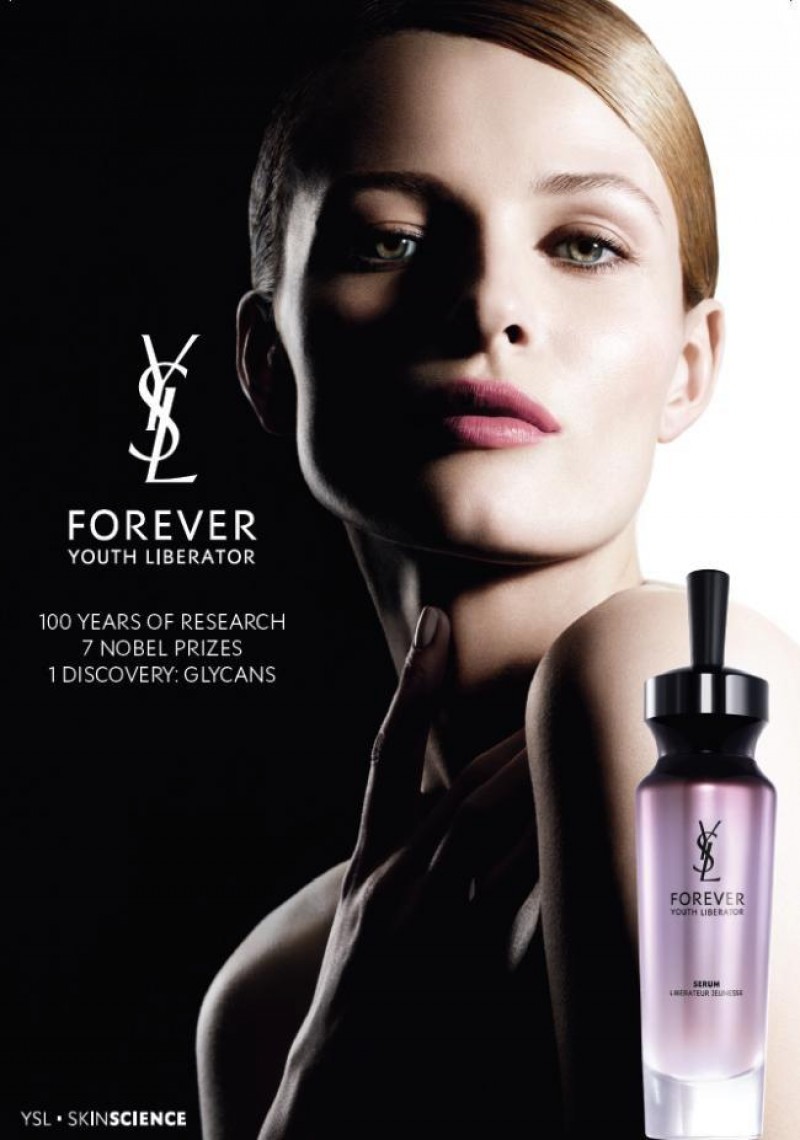
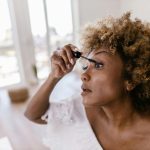
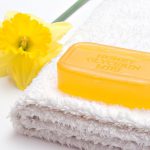
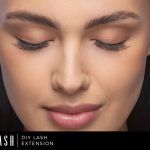
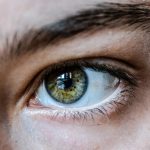
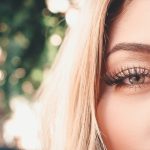
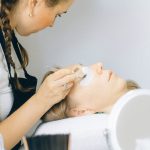
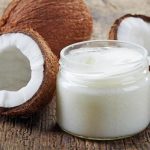
Leave a Reply